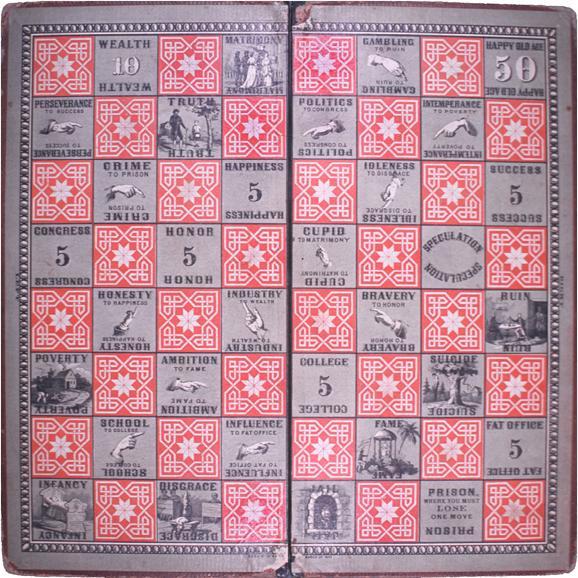I named a kid today. For the people out there wondering if I have fathered an illegitimate child with my long term crush,
Condoleezza Rice, the answer is no. Her lawyers have informed me that while she does like me, she just does not like me that way.
No, I had the honor of naming a Korean child today. (No, the kid is not mine, I have not even been in the country that long.)
Why was I asked to name a child? I was the only native English speaker around at the time. You see, the child was starting English classes at my school, and contrary to the politically correct practice of the United States, people do not use their Korean name when introducing themselves or talking to an English speaker. In Korea have what they call "English names".
While the idea, in America, of someone changing their name so that it is easier for other people to say smacks of cultural imperialism and the abandoning of your cultural heritage, the people of Korea don't seem to mind.
Almost everyone seems to have these extra "English names" to use when they are talking to foreigners. They get them when they first start learning English and the name follows them throughout their educational and professional careers.
You may think I am
exaggerating, but this evening in my adult English class I had a new student. When I introduced myself and asked her what her name was she said,"My English name is Judy." Furthermore, when she produced an electronic English dictionary from her bag, it had written on it, in large block letters,"JUDY."
It's not just the student, everyone I have talked to goes by their "English name" around me. Not just when they are talking to me, but also when they are talking to each other. I know they all have Korean names, but I have never heard them use them.
So, as I sat at my desk staring at this five or six year old child that I had never met before, and who seemed a little afraid of me, I
realized that the name I gave him was not something temporary. It would likely be something that would follow him for the rest of his life, and long after I had returned to America he would be know by the name I had given him.
I wanted to make his name something special. Most of the kids have average American names. A couple were named after animals (Lion and Shark), but none of their names were very unique. The name came to me quickly, and was bequeathed to the child with equal speed. He was ushered out of my presence with the same swiftness and suddenness with which he had been ushered in.
There was no need for any more ceremony or pomp. The American had spoken. Having received his new name, the child was thus
initiated into the English language, and there was no time to waste.
He had been named Cato.
(I can't decide if picking this name was funny, ironic, or cruel, but I am pleased with my choice. I think I will go for an ancient Roman motif with all my names. Cicero, Caesar, Pompey,
Crassus,
ect.)


